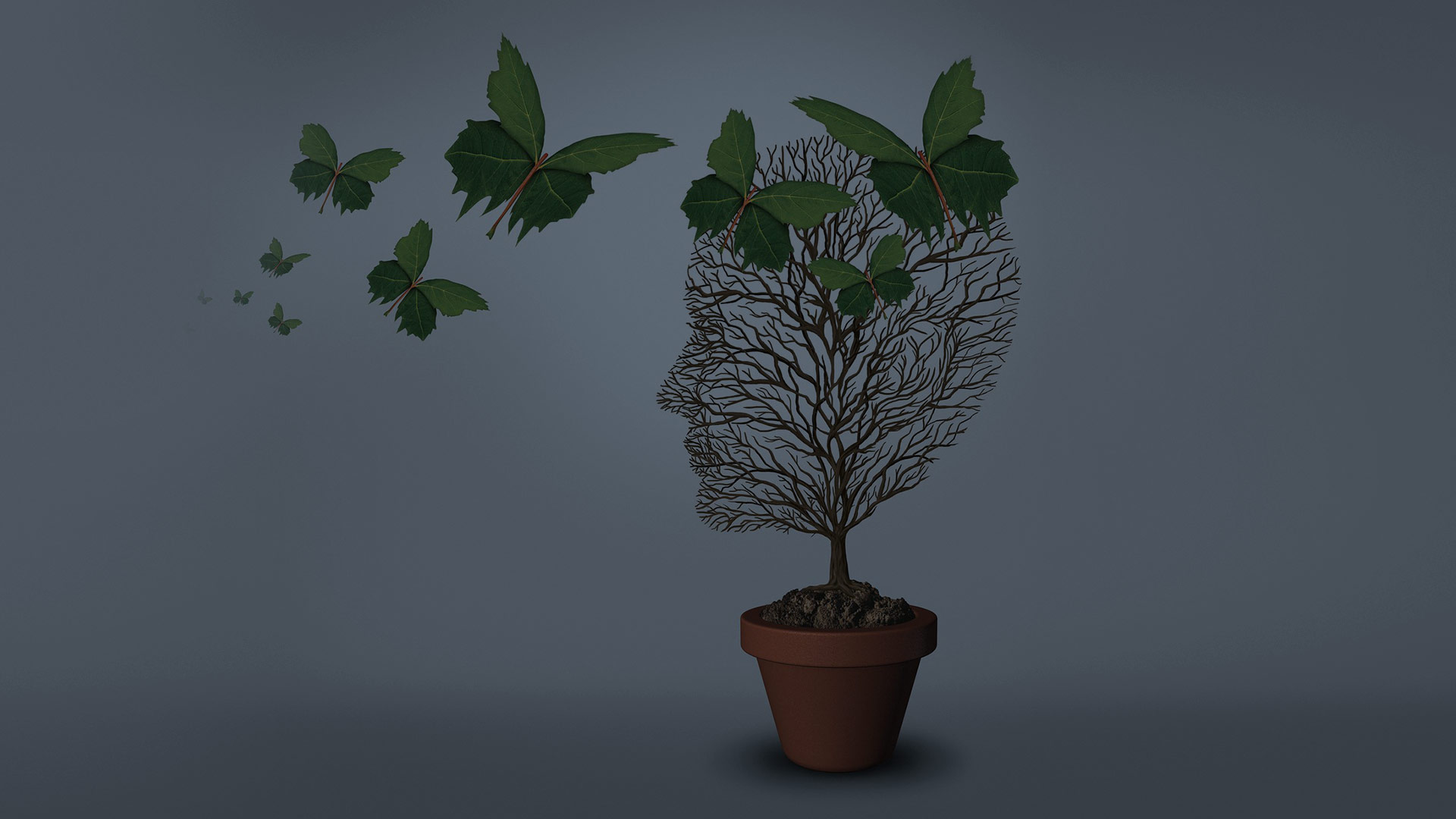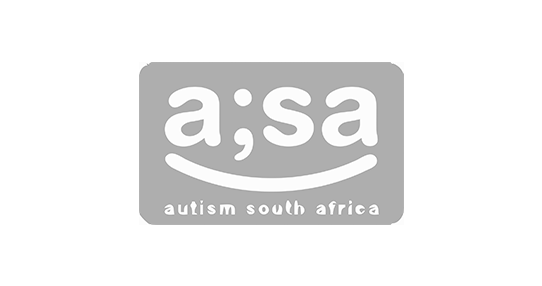
Hypnotherapy
Hypnosis as a remarkably powerful medium to facilitate and enhance the efficacy of virtually any therapeutic approach.
The South African Society of Clinical Hypnosis (SASCH) defines hypnosis as a remarkably powerful medium to facilitate and enhance the efficacy of virtually any therapeutic approach. Hypnosis is not seen as a therapy in-and-of itself, but rather is an altered state of consciousness, in which virtually any mode of therapeutic intervention can be more effectively & efficiently utilized to promote healing & growth. A simple definition of hypnosis is that it is a state of increased concentration, relaxation and suggestibility. A perfectly natural state, which we all go through at least twice a day, just before we fall asleep and just as we are waking up.
Hypnosis is a concentrated, focused state of mind. You go in and out of a hypnotic state when you daydream, or concentrate intently on a project, and are seen as a natural ability. When used in therapy your concentrated mind is paired with the relaxation of your body to facilitate your learning and inner exploration.
Hypnosis is a concentrated, focused state of mind. You go in and out of a hypnotic state when you daydream, or concentrate intently on a project, and are seen as a natural ability.
Frequently Asked Questions
What does hypnosis feel like?
Hypnosis is generally a feeling of being pleasantly relaxed. You are capable of moving, seeing, hearing and speaking while hypnotized. Usually the feeling of relaxation is so comfortable that you may choose not to do any of these things while focusing internally. If you have ever lost track of time while watching TV, reading a book, or being engrossed in a favourite activity, then you have already been in a state of trance similar to hypnosis. Children regularly experience this state when they engage in free play or become engrossed with a certain game.
Will I lose control when I’m hypnotised?
You cannot be hypnotized against your will or without your consent. Hypnosis is really a form of self-hypnosis and the choice to participate in your own self-hypnosis is under your control. Since self-hypnosis is a natural ability, a hypnotherapist functions like a guide or a coach to help you get to your own relaxed state.
What if I can't be hypnotized?
Nearly everyone can be hypnotized. We are born with the ability to turn off the outside world and go within. Anxiety about the unknown, fear of not “getting it right”, and stress overload may have kept you from being calm enough to get to your natural trance state. A willingness to try hypnosis, along with trust in your therapist or clinician, will help you to unwind and rediscover the healing effects of this natural form of relaxation.
Is hypnosis safe?
You are aware of your surroundings when in a hypnotic state. If an emergency were to arise while in this state you would be able to immediately alert yourself and take whatever action necessary to handle the situation and keep yourself safe. A trained qualified professional will also give you additional safety suggestions in the trance state to reinforce your ability to respond quickly to any outside emergency.
Since hypnosis is an innate condition (we are born with this ability), inducing hypnosis is not regulated in most states. Therapeutic hypnosis is different from the stage hypnosis used in entertainment. Medical hypnosis is safe when used by a professional trained in the healing arts. When seeking medical hypnosis, look for a medical doctor or mental health practitioner who has an advanced degree (Master’s or Doctorate); is licensed as a counsellor, social worker, psychologist, dentist or doctor; and who has taken additional training in clinical hypnosis or hypnotherapy from a professional training organization.
What is hypnosis used for?
Hypnosis has many practical and therapeutic uses. Hypnosis can be used for self-improvement in study skills, sports performance, sales successes, and for overcoming mild fears. Therapeutic hypnosis can be used for a wide variety of conditions including smoking cessation, weight loss, panic attacks, phobias and other emotional conditions.
What is self-hypnosis?
Self-hypnosis is a practice you can use to achieve relaxation, stress reduction, and improved concentration. You can learn it on your own or from a qualified hypnotherapist. Once in a relaxed state, you focus on a single specific goal using predetermined suggestions to meet that goal (Adapted form the American Academy of Medical Hypnoanalysts website).
Hypnosis with Children
Dell Hunter Morris writes that hypnosis with children works well because there are less years of reinforcing imprints on one’s mind. Children are more susceptible to hypnosis because they have a need to discover and experience new things. They are open to knowledge and willing to receive and respond to new ideas, as long as they are presented in an understandable way. It removes the mystery of how thoughts always precede actions.
Children are usually easily relaxed and focused. They have an ability to change and to be resourceful, and, before the age of twelve, to accept most ideas uncritically. They aren’t as dominated by rational questioning and concerns that adults have formed through their life experiences. Also, they don’t have the fears and misconceptions about hypnosis that so many adults have. This makes it relatively easy to work with them.
Children are more susceptible to hypnosis because they have a need to discover and experience new things.
Hypnosis is a powerful tool in strengthening a child’s confidence. It helps a child to feel empowered where, before, they might have been a “victim.”
Benefits of Hypnosis with Children
According to Morris, the benefits of hypnosis with children are the same as for adults, as long as their problems are treated as seriously as those of adults. Hypnosis is a powerful tool in strengthening a child’s confidence. It helps a child to feel empowered where, before, they might have been a “victim.” It releases willingness to use their natural gifts by eliciting their talents and creativity. It provides a wonderful foundation in a child’s education. Benefits:
- Improved concentration span
- Improved self-confidence
- Improved organizational skills
- Improved grades
- Improved control over physical movements
- The child has improved perception of the future
- Internally- improved self-talk by the child
- Better coping skills with stressful situations
- Self-satisfaction from perceiving improvements
Hypnosis may address the following issues in childhood:
Behaviours:
Behaviour concerns include: Conduct at home and/or school, throwing fits, lying, sportsmanship, stealing and talking back, anger management.
Transitional adjustments:
Divorce difficulties, new blended family, new school, entering sports or music program, fitting in, social shyness etc.
Performance:
Related to cleaning their rooms, study skills, grades, reading, completing homework, stage fright, memory retention, self-grooming and sports enhancement.
Self-Image:
Some examples include: feelings of guilt, childhood obesity, weight loss &weight control problems, general happiness, handling gossip, nightmares, self-confidence, self-esteem, goal setting, stuttering and sometimes tics.
Fears:
Common fears for children are animals (fear of dogs, snakes, etc.) being left alone, darkness, monsters, doctors & fear of needles, storms and school test anxiety.
Habit & Tics:
Common habitual problems: nail biting, thumb sucking, hair twirling and poor posture concerns.
Speech patterns:
talking too fast or too loud, mumbling, stuttering or stammering.
Eating habits:
portion control, food choices, sugar avoidance, poor manners, general eating problems.
Sleep patterns:
insomnia, reluctance to go to bed, too tired to get up, etc. Bedwetting may fall under this category if it is not medically related. A referral from your doctor may be required if it is a health matter.
Medical Concerns:
Bedwetting (if not of medical origin), pre-operative surgery support, management of medication side effects, etc. We will assist you with doctor referral (Information adapted from the website kidslovehypnosis.com – Greg deBerry).






